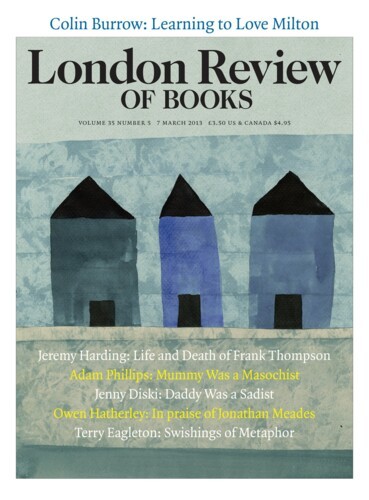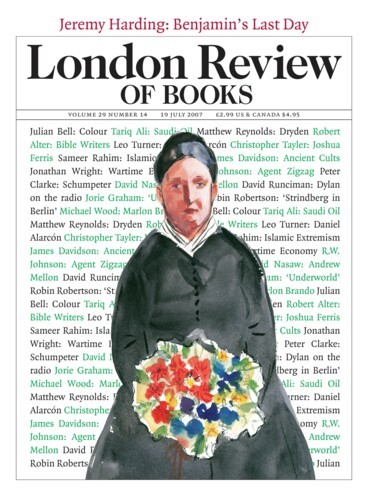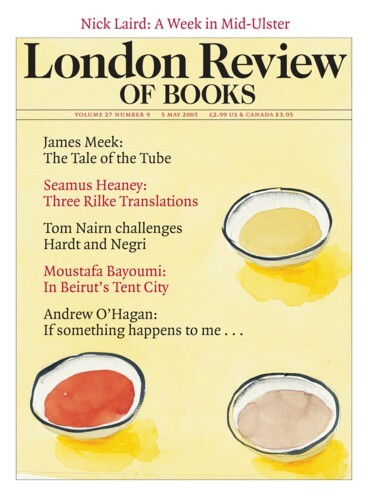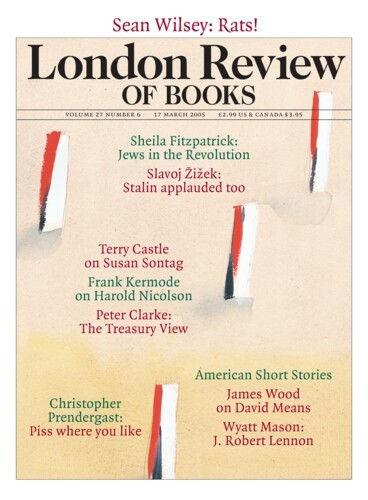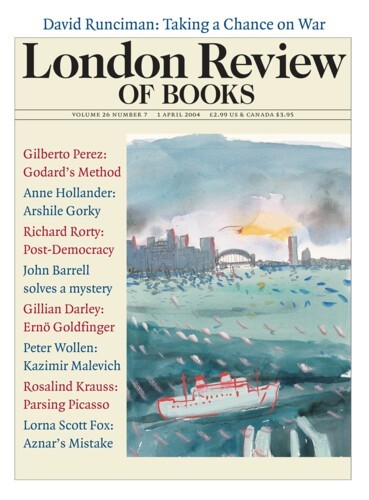I am a classical scholar, and you are not: Enoch Powell
Peter Clarke, 7 March 2013
John Enoch Powell was an eminent classical scholar, as his entry in Who’s Who proclaimed: Craven Scholar at Trinity College, Cambridge, 1931; First Chancellor’s Classical Medallist; Porson Prizeman; Browne Medallist, 1932; fellow of Trinity, 1934-38; professor of Greek at the University of Sydney, 1937-39. He was 25 when he was appointed to the chair at Sydney. There was a classicist called...
